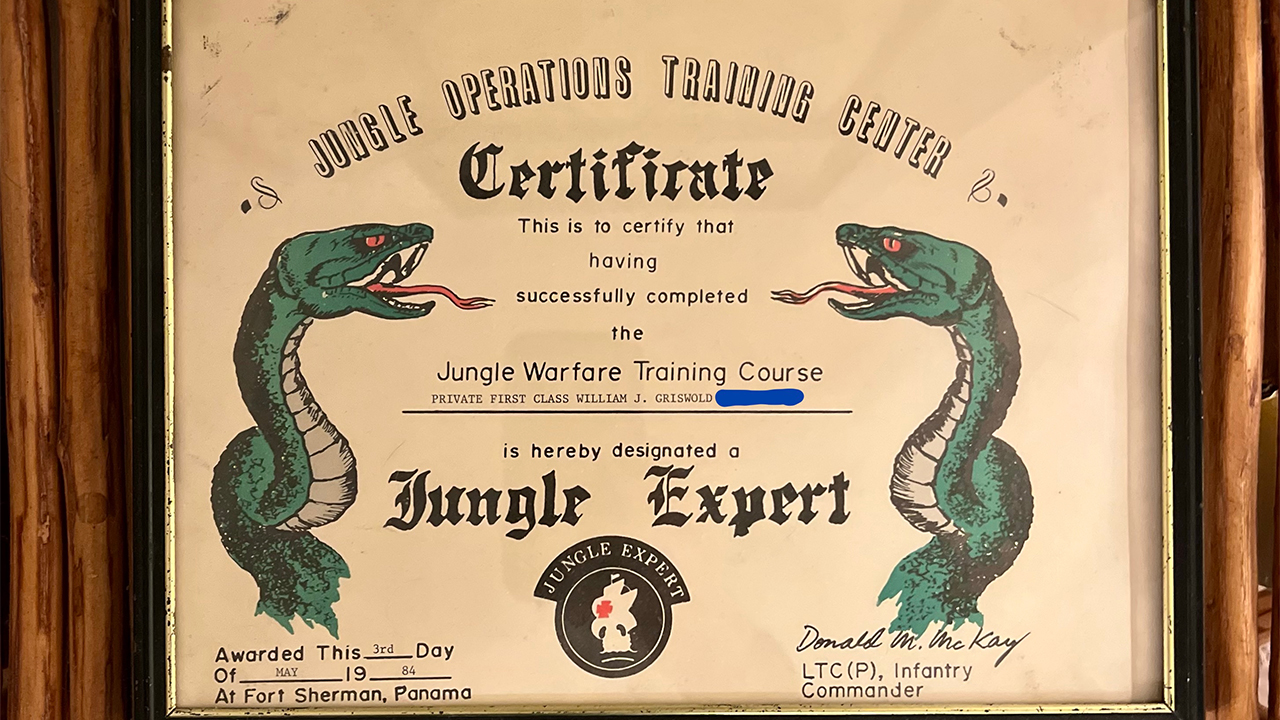Sticking It: Food Edition
January 20, 2019
Food is a basic human need that can be filled fairly basically—some starch, a nugget of protein, a squeeze of lime to stave off scurvy. But notions about our food get heaped on it, like mangled bacon and garbanzos at a salad bar.
Consider food as a test (Eden); food withheld (by the state or the individual); food weaponized (Snow White’s poisoned apple); food as crime; food as taunt; food as eroticism; food as people; food as science, health, drug, art, play, desire, or plenty. Food is identity.
There is also food as sticking-it-to, as when Titus bakes two Goths in pies and serves them to their mother. This is admittedly an extreme case.
A delightful story of sticking-it is told by writer Paul Bowles in his autobiography, Without Stopping. As a young man he made the pilgrimage, to see Gertrude Stein in France, that so many would-be writers and artists did. Gertrude was, by all accounts, imperious. She made plans to make Bowles’ reputation but tortured him a little first, denigrating his poetry, humiliating him for not washing properly, criticizing his clothes, and making him “exercise” her giant poodle by running ahead of it as it raked his bare legs with its claws.
“Faster, Freddy, faster!” she cried from an upper window.
“Isn’t that enough?” Bowles asked.
“No! Keep going!” she ordered.
Bowles tells how Stein decided one day that she, her partner Alice B. Toklas, and Bowles would drive to the market in Aix-les-Bains. They would take the long way around, through a dark, dripping tunnel in a mountain. Alice and Basket the dog hated the tunnel and were miserable. Bowles says:
In the market Gertrude Stein’s eye lit on an enormous gray eel, which, in spite of Alice Toklas’ protestations, she insisted upon buying. Along with the other provisions she bore it off to the car, and we went back through the tunnel to Belley and thence to Bilignin.
While it was being cooked, the eel gave off a revolting stench, and when the lid was lifted from its terrine in front of Gertrude Stein’s radiant face, its appearance was totally unappetizing. I decided to subsist on a vegetarian meal that day, but it seemed there was to be no question of that. “You eat what you’re served,” she told me sternly. “It’s all good food.” She gave me a large helping, and I managed to get it down.
Stein was right. Protein is needed. Eat your eel and thank me for all I do for you.
And yet….
President Trump hosted the National Champion Clemson Tigers this week. Much has been made about him serving these semi-professional athletes burgers, fried fish sandwiches, chicken nuggets, and pizza from various fast-food joints, instead of catering a nice sit-down meal. The tepid food was laid out on White House silver, illuminated by candelabra, and overseen by a portrait of Lincoln, who looked a bit judgmental.
“Great American food!” Trump said, his arms spread open to his cornucopia of plenty.
Some commentators said this showed Trump disdained and disrespected the champs, that he esteemed them no more than hired help, went through the motions for dinner as cheaply as possible, then crowed about buying it himself.
He may have been sticking-it, but I do not think he was jabbing at the athletes, even by thoughtlessness. He likes McFood himself; his enemies point this out all the time when they hope for his brief tenure. He might have the sense to buy the Japanese Prime Minister a nice steak at Mar-a-Lago during a state visit, but Trump orders his own steak well-done and slathers it with ketchup. I imagine the fast-food spread was a dream come true for him, and later he recalled the wafting splendor of “hamberders” as he sat on his gilded throne, tweeting to the people. If anyone was getting it stuck-to, it was the elites with their thoughts and feelings about decorum.
A still photo from the end of the event shows one young man with his arms loaded with leftovers. I hope he had the presence of mind to freeze the sandwiches, not eat them. One day there may be serious “covfefe” to be made on eBay from these base food items, invested with meaning.








